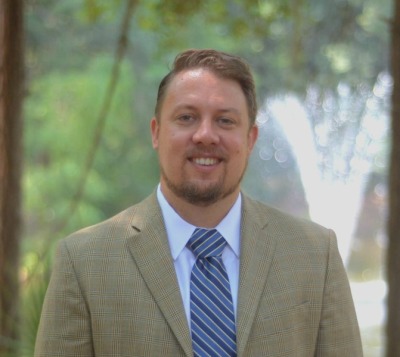Churches Should Prepare for When Robots Take People's Jobs

In the next 20 years intelligent machines will eliminate a large percentage of human jobs. The impact of this change has the potential to create, at least temporarily, vast levels of unemployment, increased poverty, and homelessness. In light of this coming event, churches seeking to aid those affected should begin to prepare for how they will help people to address these future concerns.
To many people today, a developing robotic workforce that will dramatically decrease human employment may still seem like an excerpt from a sci-fi novel. But in most business circles, there isn't much question that such large-scale automation will occur. As robots continue to be developed, business owners are finding that they are not only more efficient at many jobs that humans currently do, but they also come with less business risk and more fiscal gain.
With a potential large number of jobs being lost by humans in a short period of time, it is very possible that the global unemployment rate may rise so dramatically that mass negative systemic social issues within culture begin to occur. This has the potential to create a public crisis of uncertainty about the future.
And typically, when questions of ultimate meaning arise for humanity, institutions of faith are where people go in search of answers.
This is because faith based organizations often provide creative space, through formational practice, for the imagining and discernment of the future for individuals and communities. For generations in the Christian tradition, the church has often served the social function of helping people adapt to rapid societal developments in ways that positively affect their mental and physical health. Because the technological advancement of robots is approaching so rapidly, now is the time that churches need to begin planning for ways they can appropriately respond.
Among numerous ways that churches can begin such preparation are the following four suggestions:
#1 Churches Should Help People Prepare for Fiscal Health.
With so many people saddled with debt, from small business, farm, college, auto, mortgage, and consumer loans, there is a tremendous need to provide educational programs as to how to become debt free. Beyond simple fiscal stability training is the need to encourage people to become savvy about investing and saving for times when their futures may become economically uncertain.
#2 Churches Should Encourage Continuing Education and the Diversification of Professional and Vocational Skills.
A distinct strength of the Christian tradition is that it teaches that there is no retirement from working towards Christ's redemptive purposes in the world. If this notion were to be intentionally extended, vocationally — toward enhancing persons' ability to improve at doing a variety of things well in their day-to-day life — it would also have a dramatic impact on the ability to seek out and obtain diversified professional employment. This Christian theological understanding of the world, which is the underpinnings of a traditional liberal arts education, is something that has been waning in a modern educational system that tends to focus on professional specificity.
#3 Churches Should Provide Vetted Partnerships Through Which People Can Increasingly Get Specified Help.
While increased professional diversity is a must in the coming robotic age, being able to get advanced help specific to one's need is a must. Most churches do not have the resources to provide for the much needed specific care or expert assistance that many people need in counseling services, job placement, advanced educational development, or particular resource provision.
What most churches can do effectively is serve as mediators in order to help provide people with the vetted societal connections that they both need and desire. Churches can accomplish this by furthering their relational connections to non-profit organizations, private businesses, and government agencies in ways that meet the vocational and professional needs of their specific community's context.
#4 Churches Should Continue to Teach Faith Practices, Such as Worship, Prayer and Discipleship, That Diminish Work-Related Stress While Providing Hope and Emotional Support.
Transitioning in any aspect of life can be difficult, but when a family's livelihood is on the line, it is even more so. Churches are uniquely positioned in the fabric of society to be able to help bring hope, emotional stability, and greater holistic health via a rich historic tradition of personal spiritual formation. Providing people with the emotional tools to better transition both professionally and in life is essential to cultural stability and wellbeing.
While the pending automation of much of humanity's current workforce is imminent it doesn't mean that it is necessarily bad. Humanity simply needs to begin to actively prepare for its arrival.
By learning to have greater personal and collective resilience in order to adapt to, develop, and discern our future as a global community, humanity has the unique opportunity to advance itself through its robotic technology in ways that have only been dreamed about previously.
The goal of course, is to help to make that transition as smooth as possible. And like many periods in a person's life, the religious institution has an important role to play in that actualization and transitional process.




























